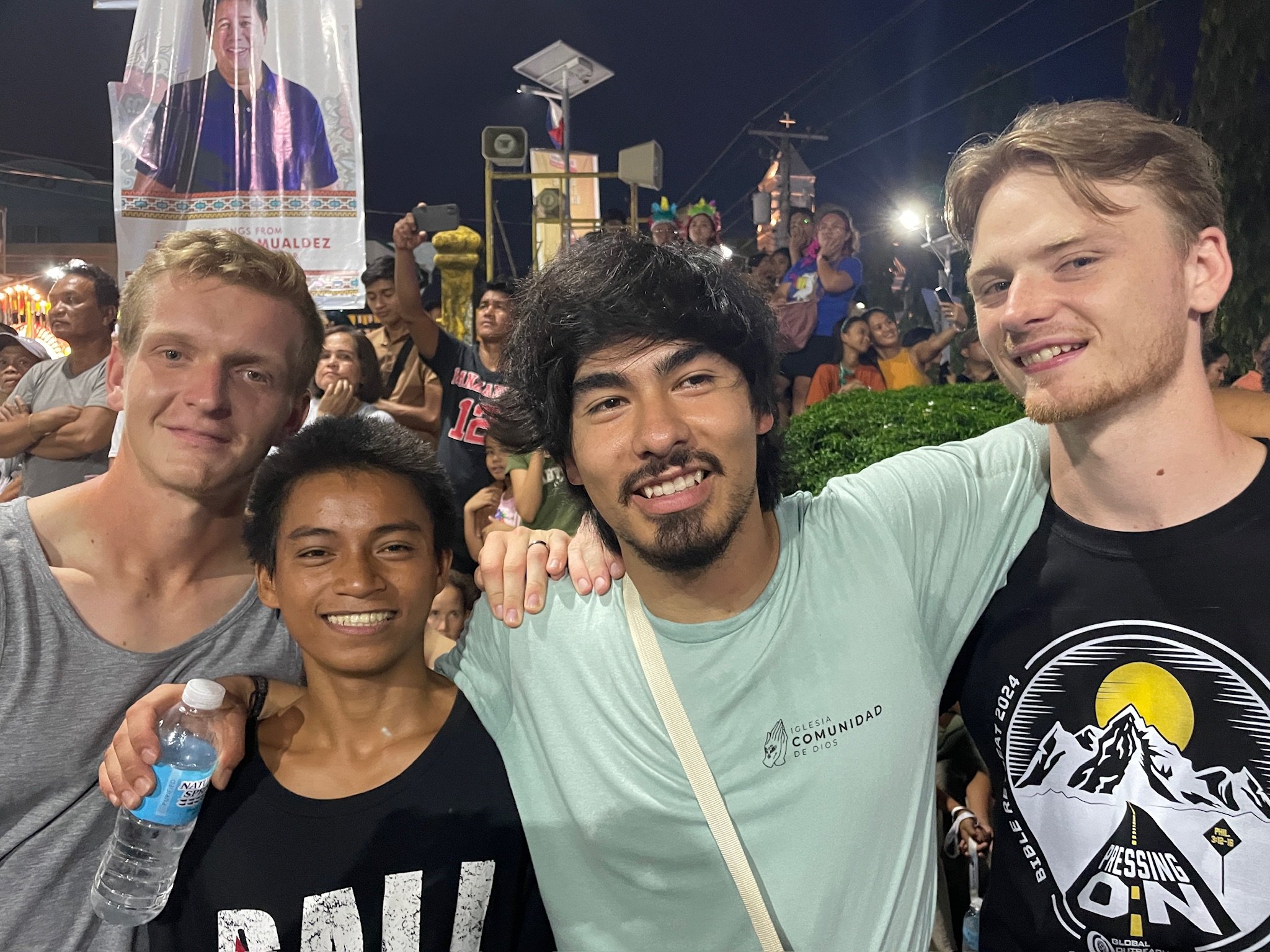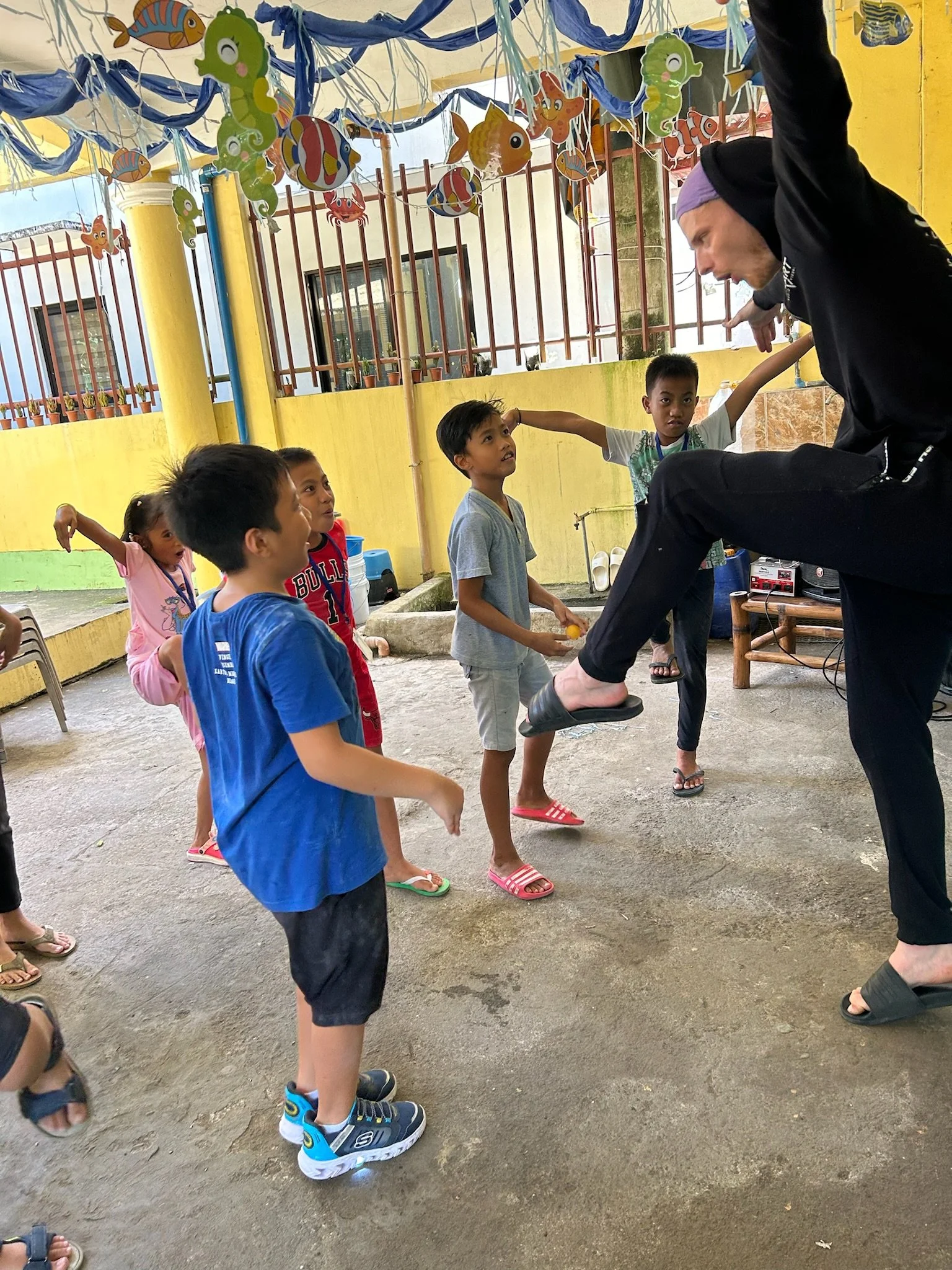From the Field Philippines: Camp Skillz
Written by Simon Liley
This past week we had the opportunity to facilitate Camp Skills for 28 kids. Most of the kids had some sort of connection to people who work at Tahanin (the name of the building all the programs are ran from and it means “home” in Tagalog) in the various programs they run on a weekly basis.
Going into it, a part of me was a little bit nervous. Though I used to be very good at working with kids, I’ve changed a lot over the past few years and haven’t had much of an opportunity to exercise that part of me. So I was worried that I may have lost that part of me. The other part of me was very excited because I really do miss working with kids.
Camp was set up in such a way that there were three teams that would rotate from activity to activity with each time being assigned two leaders to help guide the team. There were 6 total activities, three would run at the same time. So the first half of the day, the first three activities would run and all three teams would cycle between them. Then halfway through the day, the activities would switch to the last three. I was assigned to lead the Ninja activity in the second half of the day.
Because I had the first half of the day off, I spent the day following teams around, interacting with them, etc. Mixed into that, I was preparing ninja related activities for my session. However, the more I realized how little I could rely on my English. While a lot of people in the Philippines can speak English (as it is the language that primary schools use to teach), a lot cannot. And the younger the kids are, the less likely they will be able to understand it. We had been warned of this from our own trip facilitators of course, but this was the first time I had to contend with it. Upon realizing it, I became a bit anxious. However, after praying, sitting, and reflecting on my own experiences at the Academy for GOD, I remembered that kids are kids. The language they speak doesn’t matter as long as I am engaging, exciting, and energetic. So I took a page from the book of many of my teachers growing up as well as my good friend Gerron and his Camp Skills alter ego, “Loco Roco” and I became Ninja Kuya.
My Ninja Kuya outfit consisted of black sweat pants and a black hoodie with a shirt tied around my head as a head wrap. So while the outfit was not great for running around doing ninja activities with kids in the tropical heat, it opened up a connection with each of the kids that lasted the entire week. My days consisted of starting my day off as Kuya Simon (Kuya means “brother” and is used to address older male figures) and following kids around to the different activities. They would call me Ninja Kuya and I would tell them that I am Kuya Simon and that I was definitely not Ninja Kuya.





